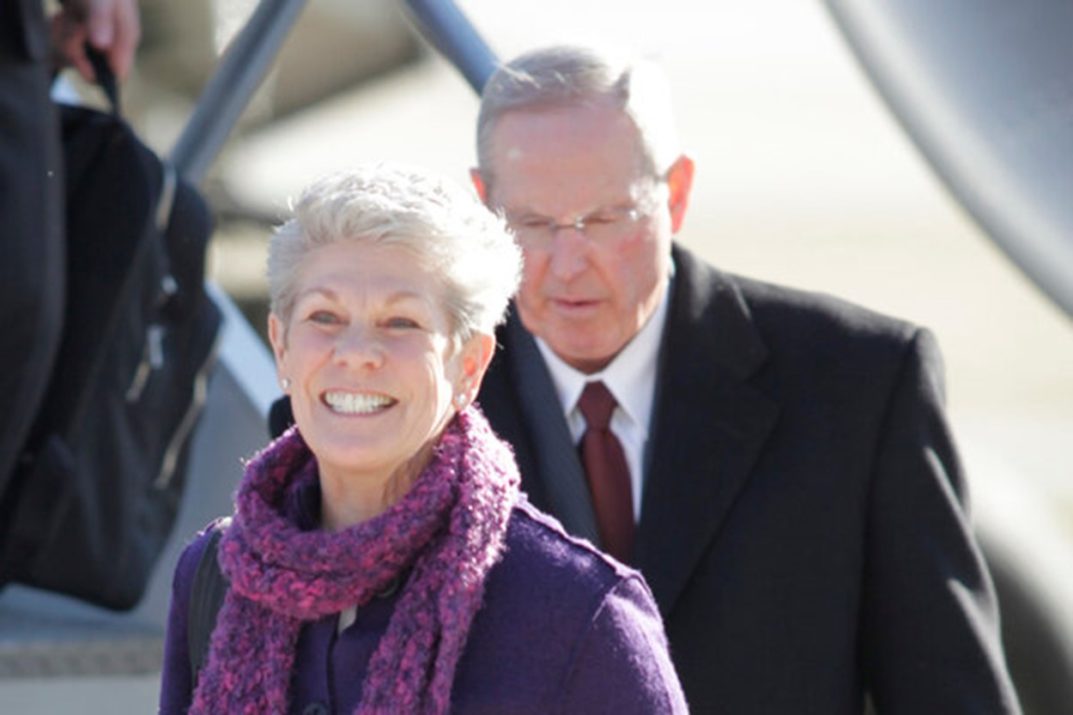Click here to read the New York Times article.
Published August 24, 2021
Mr. Coughlin, a two-time Super Bowl-winning head coach, led the New York Giants, Jacksonville Jaguars and Boston College Eagles.
Someone recently asked me why my wife, Judy, isn’t in any of the photos from our Jay Fund Foundation events, and it was with a heavy heart that I had to explain. For the past year, I’ve been torn between protecting my wife’s dignity and privacy and sharing some deeply personal and sad news. It’s only after some reflection that I’ve come to the conclusion that what my family and I are experiencing may be helpful for others to read.
As so many of you are gearing up for another N.F.L. season, I will be sitting far from the sidelines, at the bedside and holding the hand of my biggest supporter, my beloved wife, the mother of our children and a grandmother to our grandchildren.
After several years of doctors trying to pinpoint the disease that has been slowly taking her from us, Judy was diagnosed with progressive supranuclear palsy in 2020. It is a brain disorder that erodes an individual’s ability to walk, speak, think and control body movements. It steals memories and the ability to express emotions and, sadly, is incurable.
Our hearts are broken. Judy has been everything to our family. For the past four years, we’ve helplessly watched her go from a gracious woman with a gift for conversation, hugging all the people she met and making them feel they were the most important person in the room, to losing almost all ability to speak and move.
She used to enjoy planning family get-togethers, going for morning walks and caring for her rosebushes; however, those activities are but distant memories. Her days are now filled with lying in bed, watching the Hallmark Channel, sitting in a wheelchair in the sun and receiving round-the-clock care. And what’s worse, she is trapped inside a body that will not allow her to be the person she was.
Judy’s decline has been nothing but gut-wrenching and has placed me in a club with the tens of millions of other Americans who serve as a primary caregiver for a loved one. Admittedly, transitioning from being with an N.F.L. franchise to full-time caregiver wasn’t easy. It’s still not easy. The playbook is either changing by the minute or so numbingly repetitious, you lose track of time and self.
The first year I was home was frustrating. Judy had always taken care of everything at the house, and I had always thrived on the structure of football. That was gone, and I was lousy at my new job. I would constantly tell myself, “I shouldn’t be here.” But now, even though I am still lousy at being at home, I know there is no other place I could ever be.
I’ve learned firsthand caregiving is all-consuming. It is mentally and physically exhausting. Sometimes you just need a break. When Judy is having a good day, then my day is good. But then there are dark days — those days that are so full of frustration and anger, they have me feeling like a failure and pondering the unfairness of the disease. I’ve spent my entire life preparing for some of the biggest games a person could play, but nothing can prepare you to be a caregiver who has to watch a loved one slip away.
I am not seeking sympathy. It’s the last thing I want. It’s the last thing that most caregivers want. Taking care of Judy is a promise I made 54 years ago when she was crazy enough to say “I do.” I do want the players I coached in college and in the N.F.L. who thought all my crazy ideas about discipline, commitment and accountability ended when they left the field to know that is not the case. The truth is that is when those qualities matter most. A friend said we don’t get to choose our sunset, and that’s true, but I am so blessed to get to hold Judy’s hand through hers.
Judy and I, of course, are not alone in this. I want to apologize to my Elite Eight — our children and their spouses. They have had to bear the brunt of my frustrations because of my inability to deal with all the emotions that pile up day after day. I know how difficult this has been for them, and I thank them for their patience. And to all those who are caring for a loved one, take a break when you need it and don’t be too hard on yourselves. It’s not easy. And for all those wondering how they can help, it’s simple: Don’t forget about the caregivers.
***
Tom Coughlin was the two-time Super Bowl-winning head coach of the New York Giants and is the founder of the Tom Coughlin Jay Fund Foundation, which provides support for families tackling pediatric cancer.

